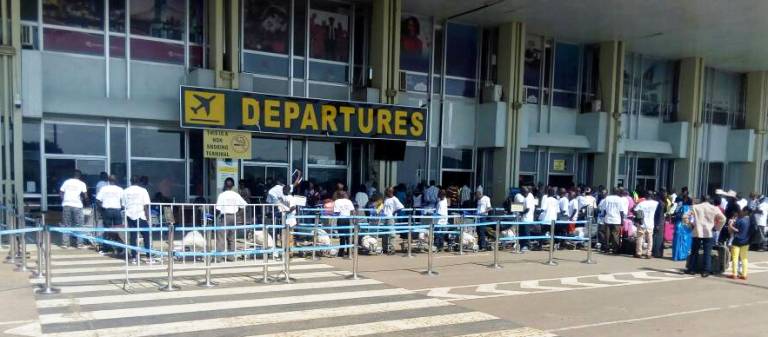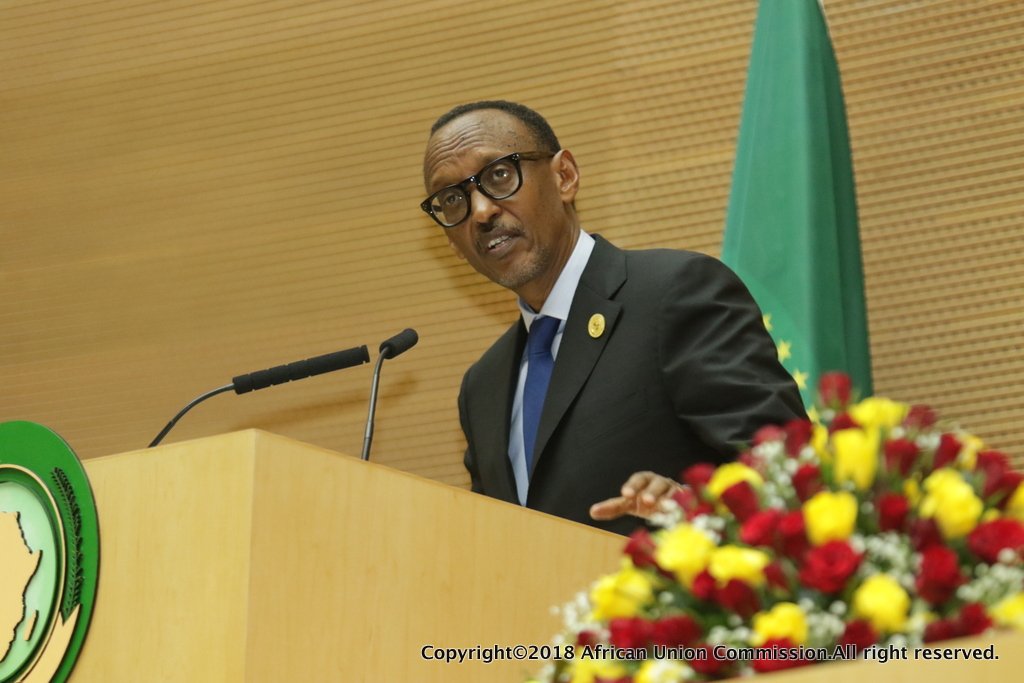The Deputy Governor, Bank of Uganda (BoU), Dr Louis Kasekende has asked members of Savings and Credit Cooperative Organizations (SACCOs) to turn them into producer cooperatives so as to enjoy more benefits.
He made the remarks on April 17, 2019 during Bank of Uganda Town Hall Meeting held at the Source of the Nile Hotel in Jinja. During Town Hall Meetings, senior BoU officials interact with members of the public in different cities in order to educate the public about BoU and to increase awareness, understanding and appreciation of the Bank, its roles/ function, decisions, policy actions, services and products.
It is also a chance for BoU’s top management to seek feedback from the public and enhance the Bank’s transparency and accountability.
In his speech, Dr Kasekende talked about the unutilized potential of SACCOs saying, “I wish to request members consider transiting SACCOs into Producer cooperatives by utilising the pooled funds as capital for investments in commercial agro-based enterprises. Such a move coupled with proper record keeping can also facilitate easier access by members to government funds like the Agricultural credit facility (ACF).”
Non-deposit taking Microfinance institutions and entities like SACCOs are regulated by other agencies such as Uganda Microfinance Regulatory Authority.
“With respect to SACCOs, I want to urge the members to reflect on the unutilised potential of these groupings in fostering job creation and wealth for our community. Often, the SACCOs are only used by members as some form of safe custody or saving to spend on later festivities and sharing out the proceeds of any interest earnings. Such operational modalities often result in returns that are so small to undertake any meaningful investment by an individual member,” he said.
He further commented on the media and COSASE’s focus on the speed with which some financial institutions were resolved saying, “Speed is of the essence to preserve the residual assets of any failing bank so as to fully cover the deposit liabilities. Otherwise, any delay in intervention and resolution, is an opportunity to shareholders and management of these commercial banks that have caused their collapse in the first place, to further strip these institutions of the remaining residual assets and value; thereby shifting the burden of paying the depositors funds to the tax payers.”
He added: “The Bank of Uganda only intervenes in a financial institution when it has reasonable belief and evidence that continued operations of that institution pose serious risk of loss to depositors’ funds. Moreover, the dire condition of any institution that is the subject of a Central bank intervention is a result of failure of the management, shareholders and Board of directors to execute their responsibilities as per the set laws, ethical and corporate governance procedures. For instance, nearly all the banks closed or sold in Uganda since the turn of the century failed because of outright fraud by shareholders, excessive lending of funds to insiders – managers and shareholders, collusion to cover up irregularities between board of directors and the management, and misreporting of the true state of the bank’s financial position, among many factors.”





